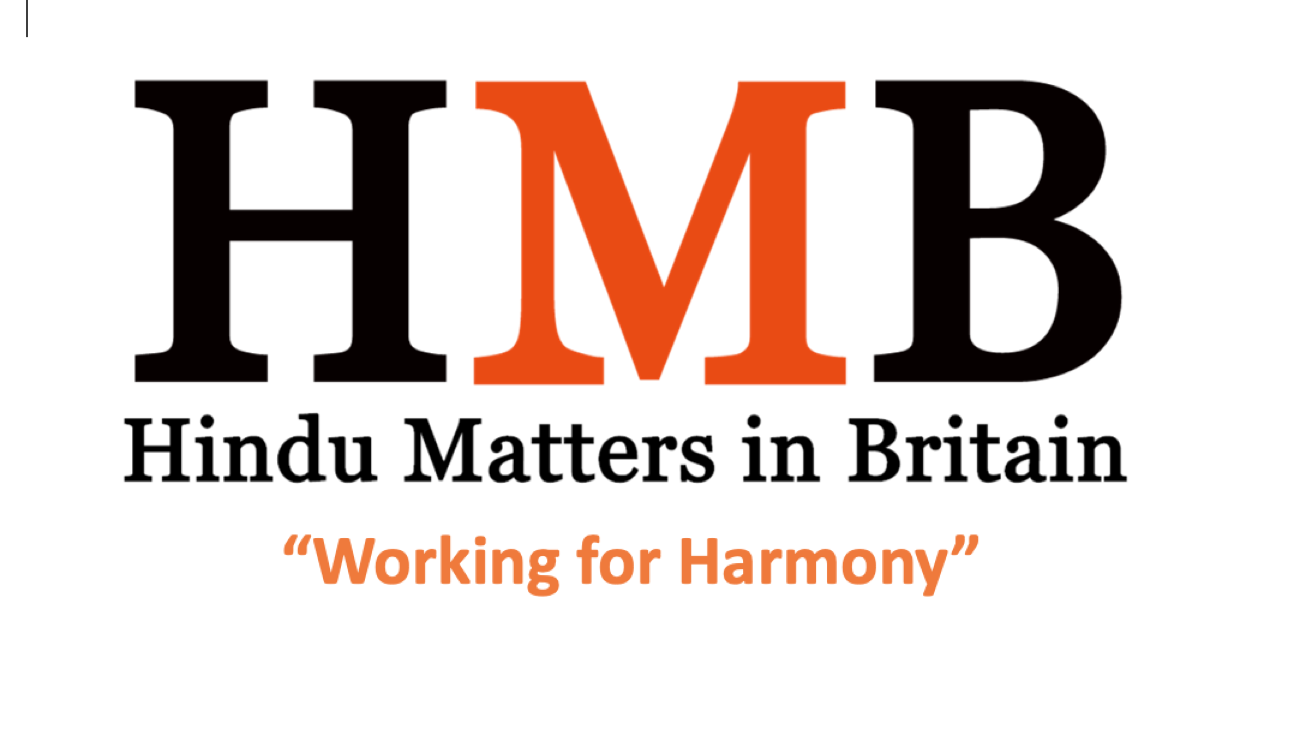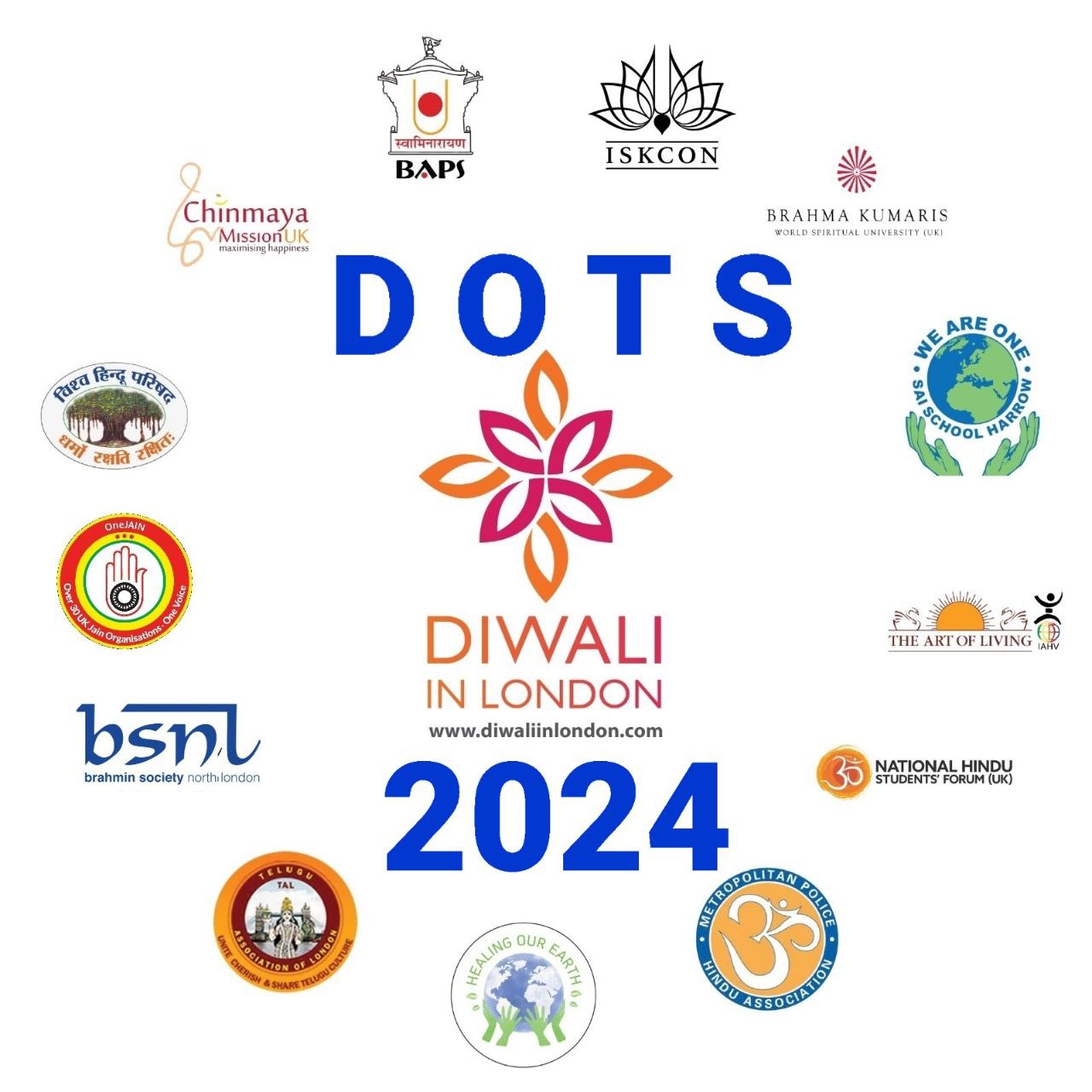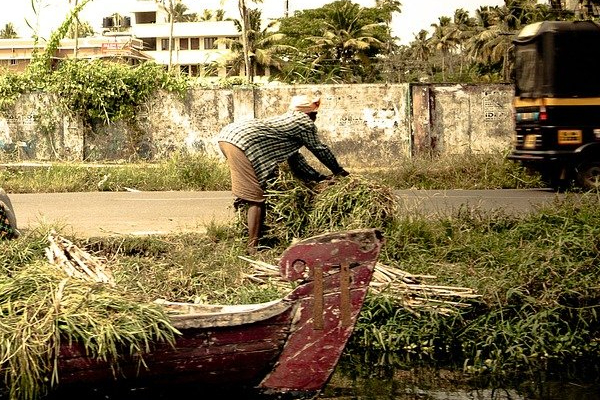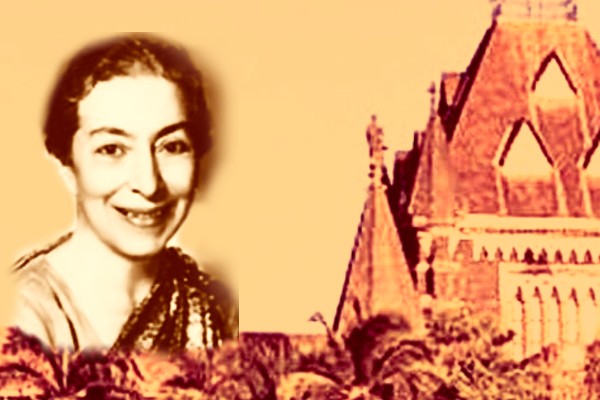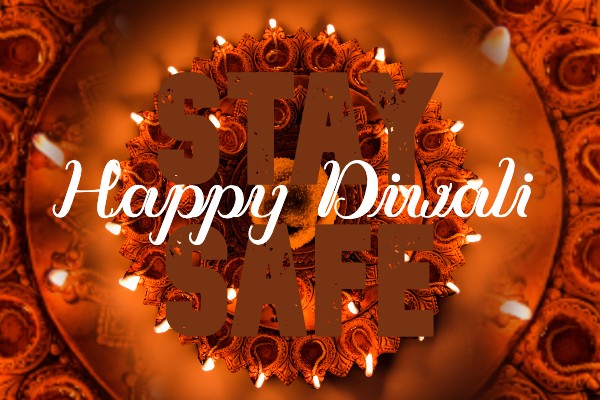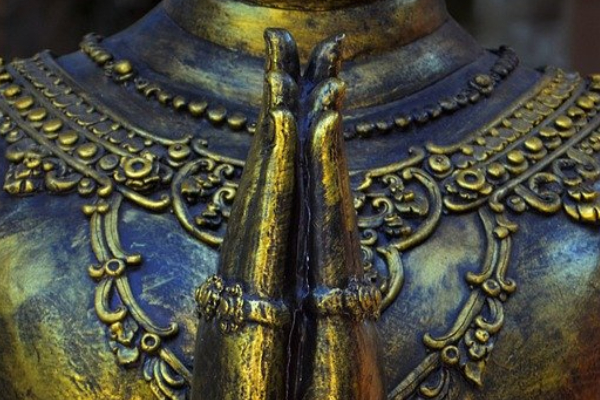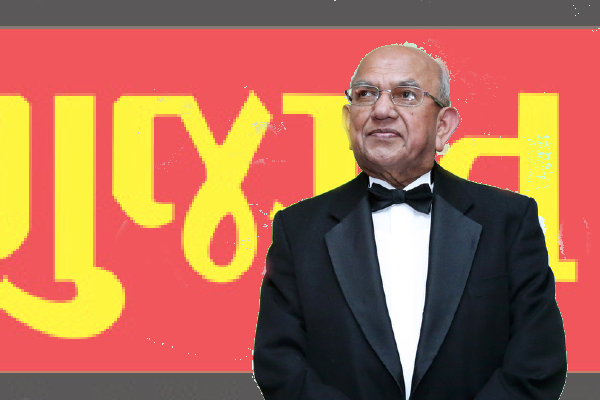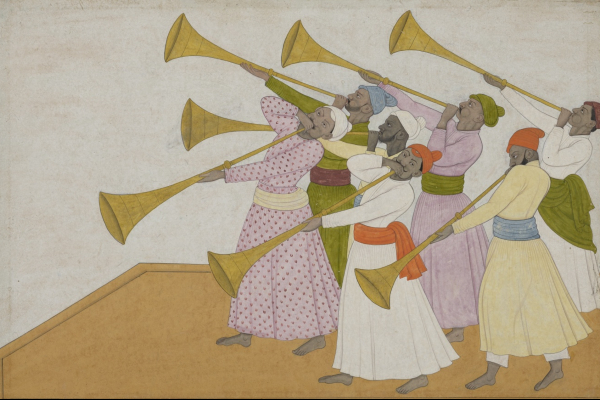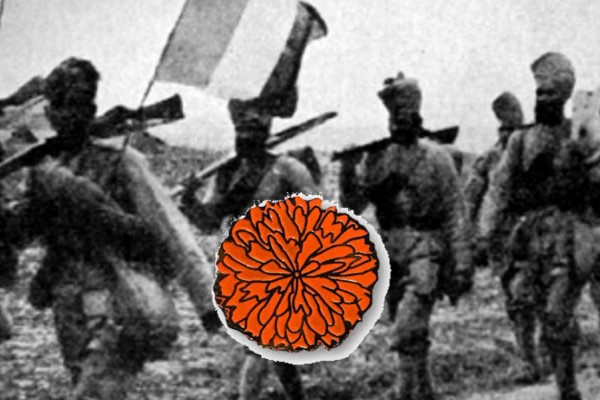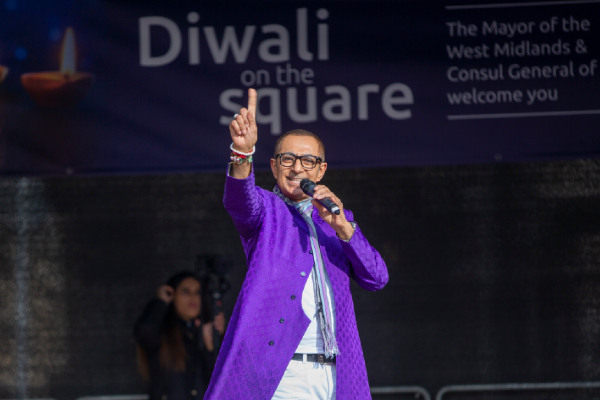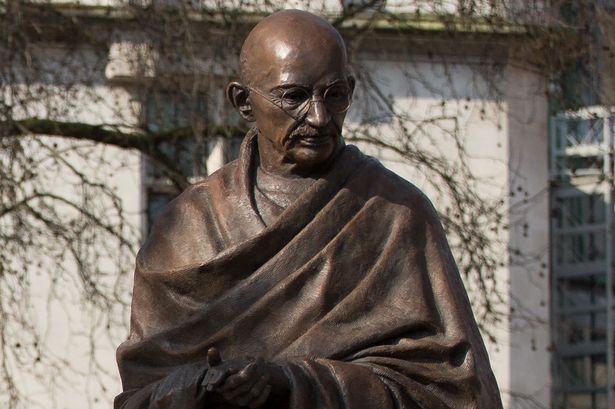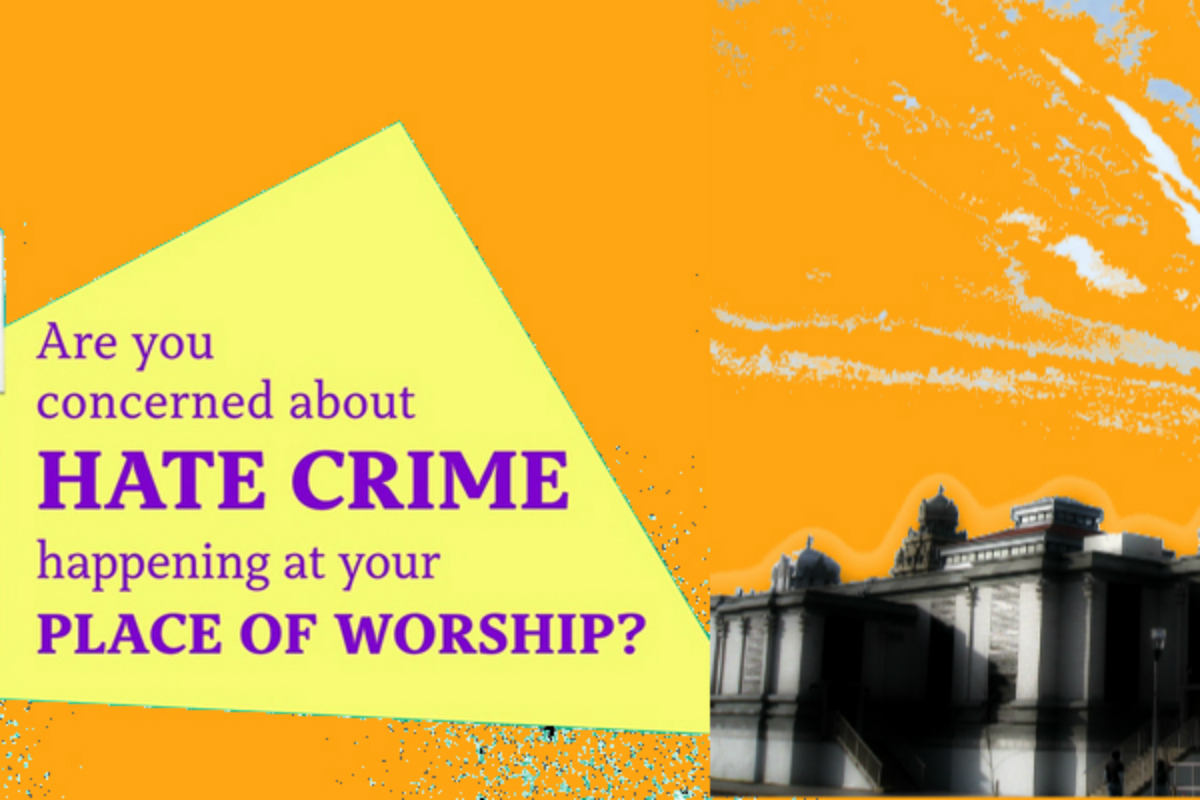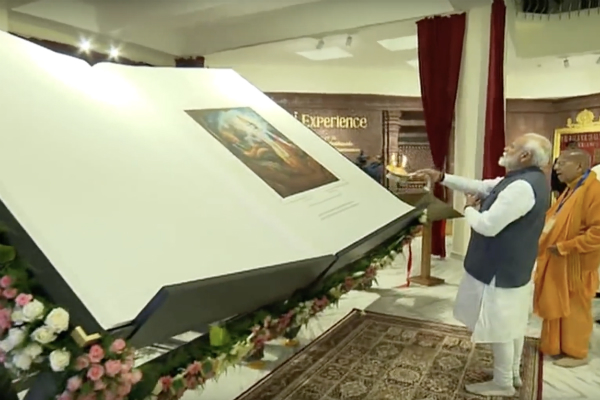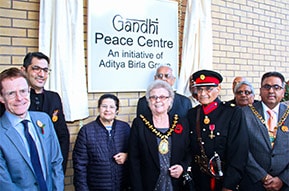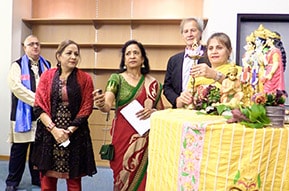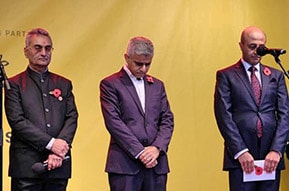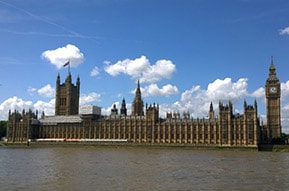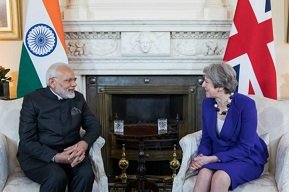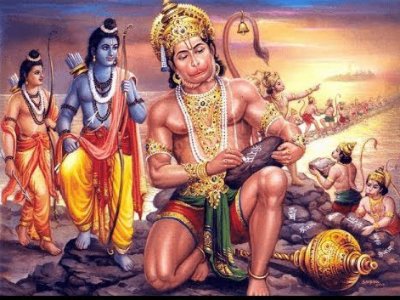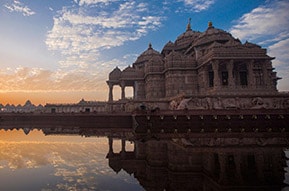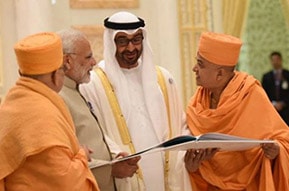Frequently Asked Questions
What is working definition of Hinduphobia?
Hinduphobia is a set of antagonistic, destructive, and derogatory attitudes and behaviors towards Sanatana Dharma (Hinduism) and Hindus that may manifest as prejudice, fear, or hatred.
Hinduphobic rhetoric reduces the entirety of Sanatana Dharma to a rigid, oppressive, and regressive tradition. Prosocial and reflexive aspects of Hindu traditions are ignored or attributed to outside, non-Hindu influences. This discourse actively erases and denies the persecution of Hindus while disproportionately painting Hindus as violent. These stereotypes are used to justify the dissolution, external reformation, and demonization of the range of indigenous Indic knowledge traditions known as Sanatana Dharma.
The complete range of Hinduphobic acts extends from microaggressions to genocide. Hinduphobic projects include the destruction and desecration of Hindu sacred spaces; aggressive and forced proselytization of Hindu populations; targeted violence towards Hindu people, community institutions, and organizations; and, ethnic cleansing and genocide.
This Working Definition was written by the founding scholars of Understanding Hinduphobia > https://understandinghinduphobia.org
What is Hinduphobia
The irrational fear of, hostility or discrimination towards Hindus is known as Hindu phobia. Anti-Hindu Hatred should be legally labelled as a hate crime.
During the European Colonization of India, Western rulers and media demonized Hindus and Hinduism. Winston Churchill depicted as a hero expressed his hate by saying “Hindus were a foul race” and wanted to bomb them. He viciously snatched the farmer’s food during a famine, caused deaths due to massive starvation. The main source of Hindu phobia for Winston Churchill was a book by book by a Nazi-sympathizer, Beverly Nichols, who hated Hindus.
Thomas Babington Macaulay delivered a speech in the British House of Commons, 1843 that-"The great majority of the population of India consists of idolaters, blindly attached to doctrines and rites which … are in the highest degree pernicious. In no part of the world has a religion ever existed more unfavourable to the moral and intellectual health of our race." —
Complications arose when Western academician's research scriptures that average Hindus do not read. They dig out things like “Gita is a dishonest and perplexing book and it perpetrates caste hierarchies”. The universities and students including Indians are convinced with an academic analysis as books say so without realising the facts. One such example is the Chatur Varna system of the division is misunderstood and abused for their collective or individual or selfish reasons. This is exactly what happens in the Hindu society of India. The roles of gunas (sattvas, rajas and tamas) over human nature were forgotten or ignored and castes were tabooed.
Why are you only focusing on British Hindus?
The Hindu community making great strides within the social, cultural and political life of Britain. It is vitally important that this framework is understood and documented so that the users can form a clear and objective picture. As the British Hindus assimilate within the mainstream, the community has begun to form its own special identity that is different from Hindu communities in other parts of the world. HMB’s role is to
Is all the information specifically about British Hindus?
Hindu Matters in Britain tries to provide data specifically relating to Hindus in Britain, but this is not always feasible. In other cases, it will provide information relating to British Asians or Ethnic Minorities. In such cases, the information is clearly marked to avoid any confusion.
Will you be including Blogs and News?
The simple answer is Yes. Hindu Matters in Britain will provide data content and opinion on issues relevant to British Hindus. It is building a database of writers and researchers who will be able to provide content on a regular basis.
Why do we need Hindu Matters in Britain?
Hindu Matters in Britain exists to offer the full picture of the Hindus in Britain. Currently, the information that exists is sketchy and not easily accessible. By providing such a platform, it is envisaged that the user will have a much better experience in gaining an objective framework of the British Hindu community. Hindu Matters in Britain is not trying to re-invent the wheel, nor trying to re-create some of the excellent sites that already exists. It is providing an overall context of up to date data, informed opinions and sign-posting to where to get access to the relevant information.
What subjects does HMB cover?
Hindu Matters in Britain covers any area that would be relevant to the Hindu community of Britain. For the ease of access, the website is divided into the following general categories: Arts & Culture; Education; Finance & Aid; Justice & Politics; Media and Wellbeing. All these categories are further sub-divided into specific categories. There are specialist categories on demographics (Numbers); the WW1 Commemoration and Mandir Locator. There categories are likely to change as the website continues to develop.
What is Hindu Matters in Britain (HMB)?
Hindu Matters in Britain is a portal specifically developed to provide information about the British Hindu community. The site is not political, nor religious. Its function is to deliver up to date information on issues that matter to British Hindus. By offering such information on a single platform, the user will be able to make informed decisions on issues relevant to the British Hindu community and how they relay within the mainstream British public policy and opinion.
